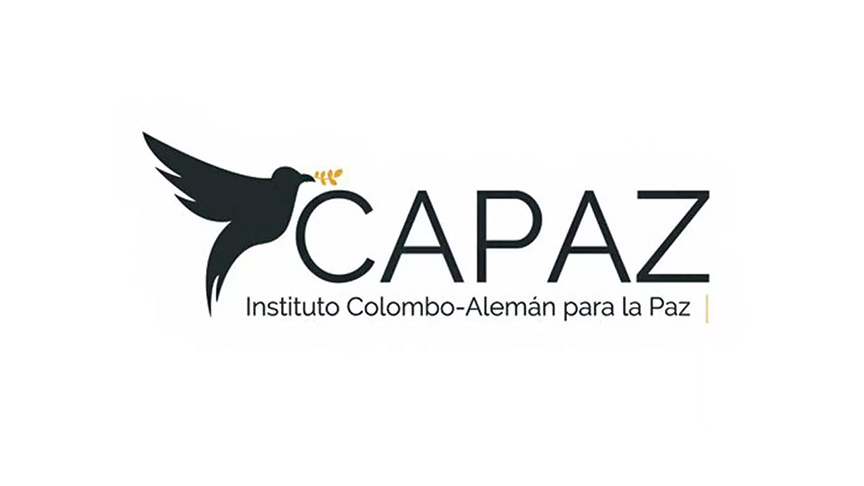Text: Miriam Hoffmeyer
Remembrance work for the sake of peace
The German-Colombian Peace Institute CAPAZ is committed to critically examining the decades-long conflict in the South American country.
The conflict in Colombia, which was akin to civil war, between the government and the guerrilla organisation FARC (Fuerzas Armadas Revolucionarias de Colombia – Revolutionary Armed Forces of Colombia) ended in November 2016. The peace process is far from complete, however; paramilitary groups, FARC dissidents and fighters from the Marxist-oriented ELN (Ejército de Liberación Nacional – National Liberation Army) are still committing acts of violence in some regions. “Peace must be firmly anchored in society”, says Professor Stefan Peters. A peace researcher at Justus Liebig University Giessen (JLU), he is the director of the Instituto Colombo-Alemán para la Paz (CAPAZ), which was established in 2017 by ten Colombian and German universities and research institutions and is one of five centres of excellence worldwide to be supported by the DAAD with funding from Germany’s Federal Foreign Office. By running bi- and international research projects, the institute contributes to a critical examination of Colombia’s violent past and to the ongoing peace process. An important part of the process is the Colombian Truth Commission, on whose behalf the researchers at CAPAZ analyse the various perspectives of victims of the conflict – according to gender, ethnicity and social background.
Knowledge transfer is also one of the institute’s central objectives. “Researchers must have the courage to enter into a dialogue with society – and also to listen to those who do not argue academically”, says Stefan Peters. By fostering a lively political debate, he believes that academics can play a highly practical role in driving forward the peace process. With its events – lecture series, workshops, virtual training courses and discussions – CAPAZ addresses not only Colombian and German students, but also former guerrilla fighters, victims’ groups, militants, NGOs and authorities. In addition, it reaches out to teachers, media professionals and young adults. In 2022, for example, a science slam was held at which music was used as a means of coming to terms with the past. CAPAZ is currently advising on the production of a telenovela that is intended to convey the findings of the Truth Commission to a wider public.
Following publication of the Truth Commission’s report at the end of June, Stefan Peters expects new discussions to flare up: “In view of the strong reactions that are likely from those on the right of the political spectrum, and to some extent from those on the left, it will become an even greater challenge to facilitate a debate that goes beyond mere polemics.” In collaboration with Colombian artists, CAPAZ is planning events at the Documenta in Kassel in July with a view to making the report available to an international audience. —


